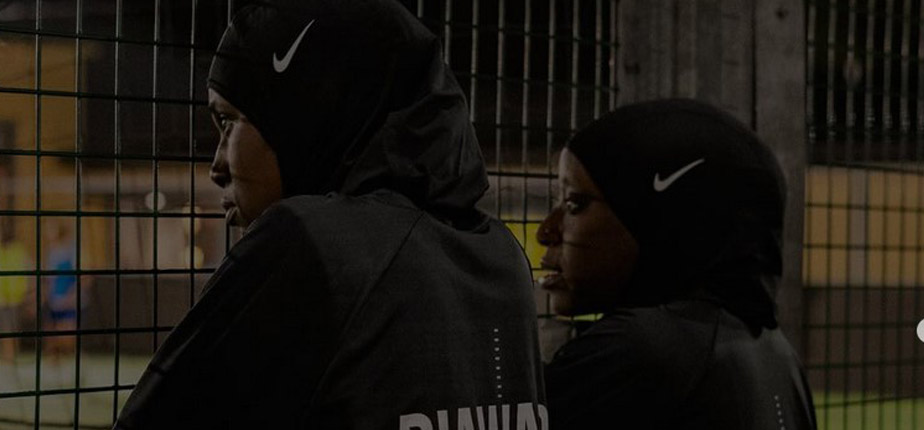
UN rights experts have condemned France’s decision to prohibit women and girls who wear the hijab from competing in sports, labelling the ban as “discriminatory” and urging its reversal.
France has invoked its stringent secularism laws to enforce this ban on athletes wearing religious symbols, including the hijab, during the upcoming Paris 2024 Olympics. Additionally, the French football and basketball federations have chosen to exclude players wearing headscarves from competitions, even at the amateur level.
In a joint statement released on October 28, eight independent UN experts declared that the hijab ban “is disproportionate and discriminatory and infringes on their rights [of French athletes] to freely manifest their identity, their religion or belief in private and in public, and to take part in cultural life.” They emphasized that “Muslim women and girls who wear the hijab must have equal rights to participate in cultural and sporting life and to take part in all aspects of French society of which they are a part.” This statement received backing from UN special rapporteurs specializing in cultural rights, minority issues, and freedom of religion and belief, along with members of the UN working group on discrimination against women and girls.
France’s secularism laws, known as ‘laïcité,’ aim to maintain a clear separation between religion and state, promoting neutrality in public life. The 1905 Law on the Separation of the Churches and the State roots these laws, aiming to establish a secular republic where religion does not influence governmental functions. The Law on the Application of the Principles of Secularity, enacted on March 15, 2004, specifically prohibits “ostentatious” religious symbols in French public schools, including the hijab. This law has ignited considerable debate, with supporters arguing that it promotes equality and reinforces secularism, while critics assert that it infringes on personal freedoms, particularly for Muslim women.
Moreover, the 2010 Law on the Prohibition of the Burqa expanded these restrictions by banning full-face veils in public spaces. Although this law was presented as a means to uphold secular values and promote gender equality, it has sparked extensive discussions regarding its implications for religious expression in France. The experts insisted that “the neutrality and secular nature of the state are not legitimate grounds for imposing restrictions on the rights to freedom of expression and freedom of religion or belief.”
They further asserted that “any limitations of these freedoms must be proportionate, necessary to reach one of the objectives stated in international law (safety, health and public order, the rights and freedoms of others), and justified by facts […] and not by presumptions, assumptions or prejudices.”